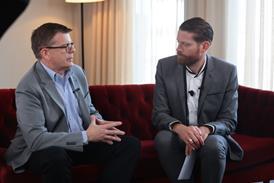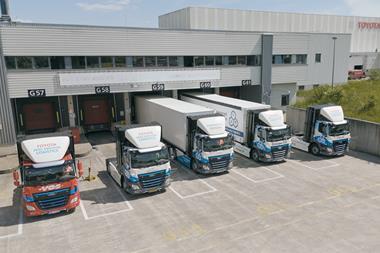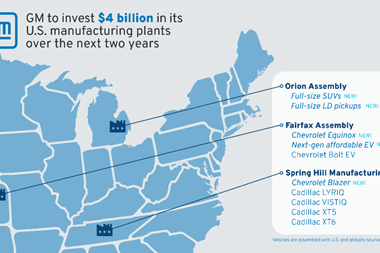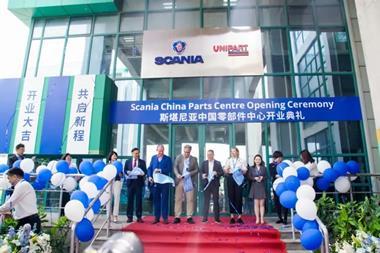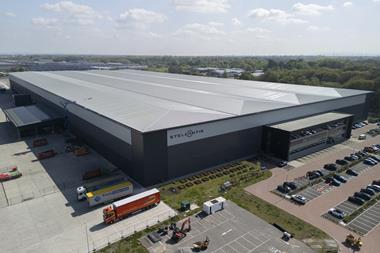
Nissan has been renegotiating logistics contracts and reengineering transport networks at its Mexican operations to make its cost more competitive, raising the chances that it could shift more production of cars and parts there, according to Gerardo de la Torre, Supply Chain Management and Logistics Director for Nissan Mexicana.
“Right now, Nissan is pushing to get out away from the strong Yen by localising Japanese parts in Mexico,” he told Automotive Logistics. “For logistics, we’re looking at every opportunity.”
Nissan, which said several weeks ago that it was considering shifting some small car production from Japan to Mexico because of the strong yen (read here: Asian carmakers target Mexico), has already cut production this year at its plants in Mexico, which has been hit by both the sagging sales at home and in the US, the destination for most exports.
But de la Torre said that the volume drop and subsequent availability of capacity has also presented the opportunity to renegotiate rates with carriers as well with customs partners. With lower volumes, the amount of material moving from abroad has accumulated in ports, often at costly storage and custom prices. But Nissan has negotiated to extend the number of days that certain material – such as steel coils imported from Japan, Europe and Korea – can remain at the port free of customs charge.
Nissan has also looked to change its rates from transport providers. “We have already renegotiated with maritime companies for very competitive prices,” he said. “And we are in the process of finalising new rates for road as well.”
Rail is an exception, however, since Nissan Mexicana signed a three-year contract in 2008. Nissan ships 100% of its vehicles for exports by rail to Mexican ports, as well as directly to the US. Last year it was the first OEM in Mexico to use rail for a small number of cars for domestic distribution, however de la Torre admitted that these volumes have now been put back to road because of low volumes and a lower cost for road. “Our expectation is that as soon as we can consolidate [volumes], we may go back to rail,” he said.
Despite the difficulties for sales, de la Torre pointed out that the company had managed its finished vehicle inventory better than other carmakers, some of which have needed to rent extra space or even ships to hold their excess stock. “Our inventory is very healthy,” he said. “We haven’t had to rent an external warehouse. We have kept our production as well as logistics costs in line with final demand.”






